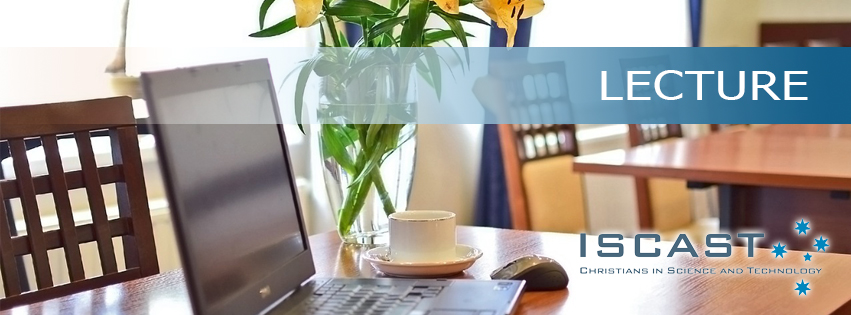
Camberwell, contact the ISCAST office for address.
ISCAST Vic is organising a house lecture to take place on Saturday 12 May.
Speakers: Cosimo Chiera and Thomas Edwards
Topic: The mathematics of forgiveness
The evening will start at 6:30pm with a “Bring Your Own meal to share” and this will be followed at 8:00pm with the presentation.
Description:
Abundant, if not heroic, forgiveness is one of the foundational charges of Christianity. Yet our understanding of how to bring this about is often clouded by a diversity of factors including our upbringing, social pressures, one’s ability for distress tolerance, our capacity to generate empathy and even to manage fear. Moreover, who requires forgiveness? When great harm is done there are often multiple parties injured such that forgiveness needs to be offered to others and even to one’s self. Given the complexities of forgiveness, it is necessary to find those key factors which drive this important process. Therefore, we present a model that examines the landscape of forgiveness using only two factors—a landscape that is not limited to just victim and perpetrator, but encompasses the wider interactions and influences of everyone affected.
From the outset we must recognise that forgiveness is a hopeful process. As such, a person’s level of hope (H) likely influences their capacity to forgive. In addition, the extent of forgiveness possible appears more related to a person’s ’Strength of Identity’ (SI) (expressed as Dominance) as opposed to the harm done or time since the injury occurred. Thus Forgiveness (F) can be written as a two-factor expression for n-body relationships as F = F({SI1, SI2, …, SIn}, {H1, H2, …, Hn}).
Four noteworthy results of this are:
- In a single-body system (i.e. where only self-forgiveness is needed), if SI and H are small then we observe the ‘Dr. Phil’ phenomenon, in which self-forgiveness requires permission;
- Provocatively, in 2-body systems (i.e. victim and perpetrator), where SIp >> SIv we see a victim continually ‘forgiving’ their abusers in an inauthentic way;
- In n-body systems (for small n), where all SIs are relatively similar, facilitating Hope yields a broad-based forgiveness as seen in family counselling;
- In n-body systems (for large n, i.e. a population), a leader of exemplary virtue (e.g. Mandela—high SI and H) can bring about widespread forgiveness.
To have an effective two factor model to help understand forgiveness provides clarity to an otherwise opaque, but wonderful, human quality. It also has specific applicability to therapists and pastors amongst other professionals. Finally, models like this provide a space whereby Christians and the broader community can discuss theological ideas in a non-threatening way.
Speakers:
Cosimo Chiera
Cosimo Chiera is an applied mathematician who earned his PhD at RMIT University. His thesis was in analytic and computation fluid mechanics focusing on non-Newtonian fluids. Cosimo has had a lifelong love affair with science and a professional interest in the nature of intelligence, both natural and artificial. During his time in the commercial world, during the dot-com bubble, he had many opportunities to explore applications of “machine intelligence” and human behaviour. During that time he became well versed in time-and-motion studies and human motivations. Returning to academia, he teaches several e-Business subjects, as well as more traditional computer science, at Chisholm as well as mathematics at Eastern College. He is also an Associate of RMIT University. In recent years, in collaboration with Tom Edwards, he embarked on a new endeavor, combining psychological data with classical mathematical techniques to produce deterministic models for human mentality.
Thomas Edwards
Tom Edwards obtained his PhD from Monash University in behavioural neuroscience, studying memory formation at the biochemical level. He became a lecturer at Monash University, co-ordinating the 1st year psychology programme and researching. Tom then joined Tabor Victoria (now Eastern College Aust.) and developed their major sequence in psychology. He is currently their Director of Research. He is also the Senior Counsellor at Crossway LifeCare in Melbourne. Tom’s research interests have shifted to now encompass transformative learning and virtuous qualities such as hope and forgiveness. He collaborates with Dr Cosimo Chiera under the auspices of Natural Intelligence Pty. Ltd. on various projects.
Please contact ISCAST Vic by email or phone 03 9254 1045 for further detail.